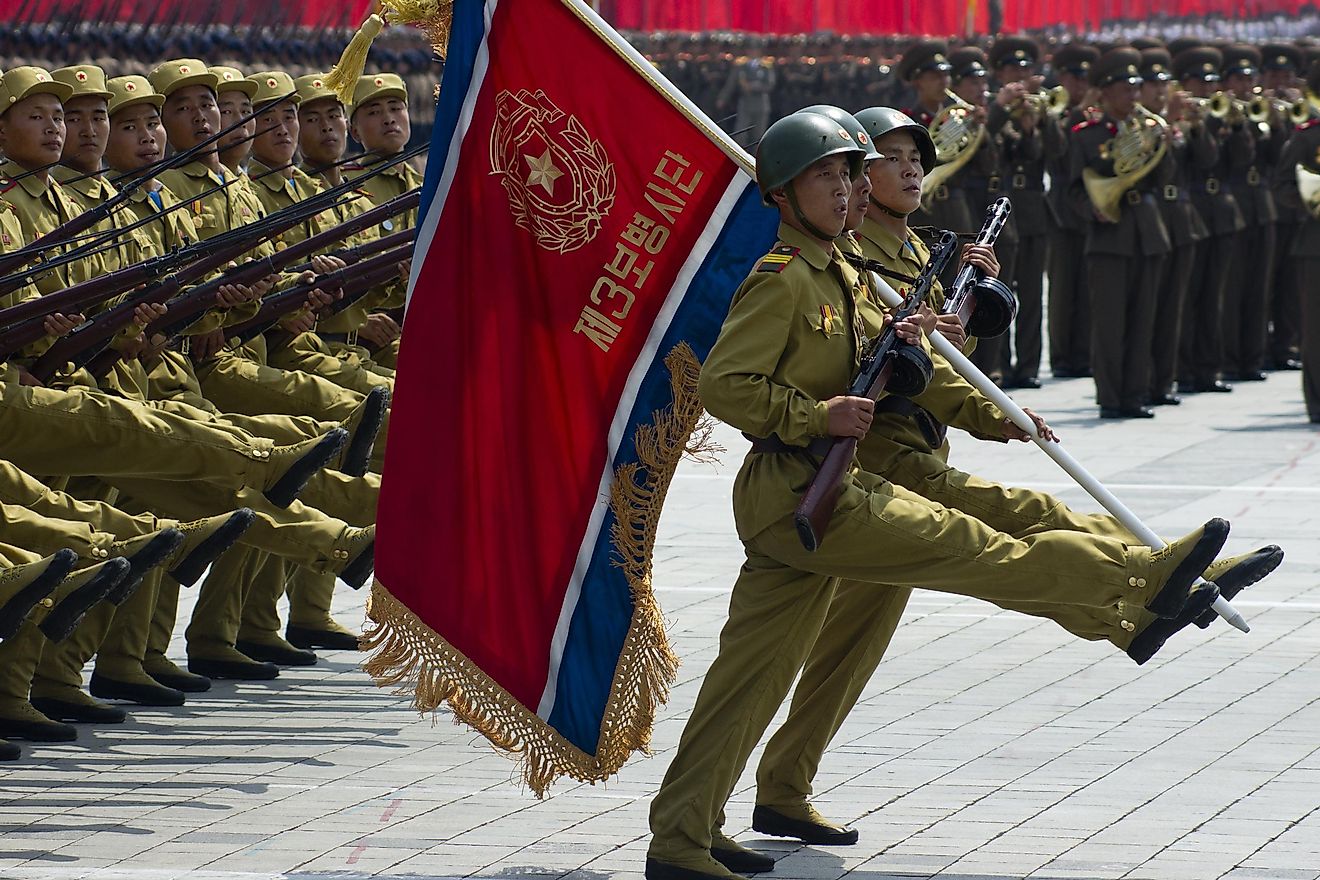Is North Korea a Democracy?

North Korea, officially known as the Democratic People’s Republic of Korea (DPRK) is an East Asian country covering the northern portion of the Korean Peninsula. The country is bordered by South Korea to the south with the Korean Demilitarized Zone separating the two countries. Both North and South Korea consider their respective governments as having legitimacy on the Korean Peninsula. North Koreans describe themselves as a “self-reliant” socialist state. Although elections are held in the country regularly, outside observers have described such elections as a sham and view the form of government as a dictatorship. The regime has been accused of human rights abuses and other crimes against humanity. However, North Korea considers itself a democracy and the regime has strongly denied such allegations.
Politics of North Korea
Politics of North Korea is heavily influenced by the concept known as “Juche,” a Hwang Jang-yop philosophy popularized by Kim II-Sung. The theory is a belief that true socialism can only be achieved through a strong independent state and self-reliance. The key principle of the DPRK’s political system is centralization and government control. Although the constitution of North Korea guarantees human rights protection, the government closely monitors the lives and activities of the citizens and severely limits the freedom of expression. Somewhat of a contradiction in the constitution is the fact that it defines, the country as a dictatorship of the people’s democracy with the Worker’s Party of Korea (WPK) as the ruling political party. WPK has been the ruling party since 1948 and has legal supremacy over the other two minor political parties. Apart from the three political parties, there are about 100 organizations that non-WPK members are required to join.
Elections
The Constitution indicates that North Korea is a democratic republic with elections expected to be held regularly, as scheduled. The Supreme People’s Assembly (SPA) or the legislative arm of the government, and the Provincial People’s Assembly are elected directly through a secret ballot by all citizens aged at least 17 years irrespective of their class or social status. However, the elections do not offer real choice as it is a single-candidate. On Election Day, special booths for those who would want to vote against the single candidate are often marked and manned by an election official. The majority of the elected candidates belong to the WPK and only a few are members of the other two minor parties (Korean Social Democratic Party and Chondoist Chongu Party). It is also worth noting that all the candidates for the elections are selected by the WPK.
The Government
The government of North Korea comprises of three branches; judicial, legislative, and administrative branches. However, the three branches work together and are not independent from one another. The Cabinet of North Korea, comprising of the premier, vice premier, ministers, commission chairpersons, and directors, is the executive and administrative body. The premier is the head of the cabinet. He works through several agents and their institutions which can resist, delay or modify his orders. Kim Jong-un is the current supreme leader of North Korea while Kim Jae-ryong is the premier. The judiciary is headed by the Supreme Court and consists of two People’s Assessors and the Chief Justice whose terms coincide with those of the SPA. The security forces have often been accused of interfering with the actions of the judiciary leading to termination of cases in courts before their conclusion.











